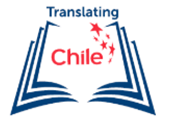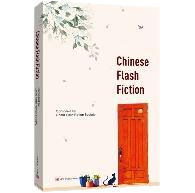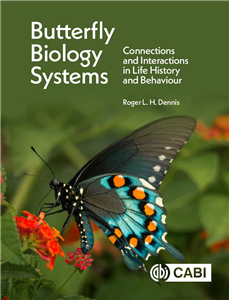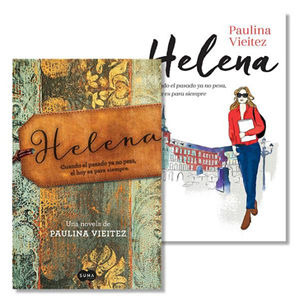12 Reimagined Tales From Africa
However, the age-old tradition of oral storytelling is on the decline. Rapid urbanisation, the breakdown of the extended family, technology and so on have altered our social fabric. Whilst our daily lives are still peppered with snippets of remembered words of wisdom and proverbs, the reality is that a new generation of Africans have never had the pleasure of listening to a story being told by a storyteller. Story, Story! Story Come! is a contribution to larger efforts to revive storytelling in Africa and beyond. Through a global online contest, Positively African invited African writers, wherever they lived and whatever their age, to write a folktale – either based on an old one, or newly imagined. The challenge was to develop new narratives that speak to issues that are fundamental to Africa’s development in a way that is unconventional but true to our past traditions of folktale and oral storytelling. The stories needed to contain life lessons that are relevant for both young and old, however writers were invited to be as inventive and disruptive as they wished in terms of theme, form, language, characters, imagery and context. The ten winning stories are refreshingly imaginative and tackle a mix of issues. We criss-cross from South Sudan to South Africa, Mali, Niger, Nigeria, Ghana, Kenya and Zambia. Some stories offer valuable moral lessons on greed and pride; others celebrate bravery, perseverance and friendship. One story takes us to a real archaeological site in Niger where a young girl imagines the future. In another, African water spirits share a world with a Beyoncé-obsessed teen that is taught a big lesson in humility. We have also included two additional stories, one by author and publishing partner Zukiswa Wanner and another by the editor of the anthology, Maimouna Jallow. One thing that they all have in common is that they speak to issues we face globally today, from an African perspective.

































